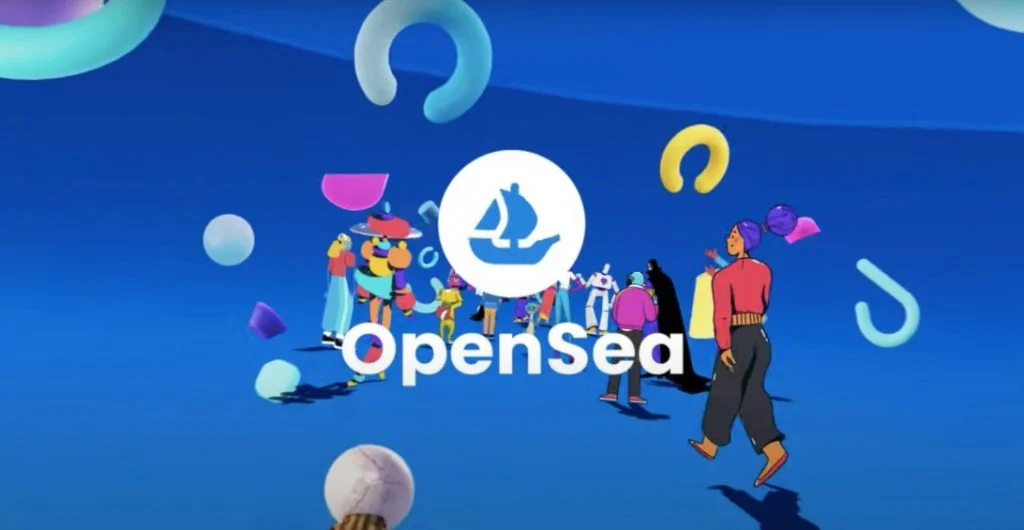Due to the ongoing US sanctions, the Ethereum-based NFT marketplace OpenSea has begun to remove users from its platform. Following the recent harsh financial sanctions imposed on Russia, exchanges have been asked to impose a ban on Russian users.

However, some exchanges, such as Binance and Kraken, have refused to impose a blanket ban, instead stating that they will sanction only specific entities in accordance with US sanctions.
The situation was brought to light when an Iranian artist named @K1 Nazifi discovered that they had been removed from the OpenSea platform following the new update. “Great discrimination against the Iranian community,” the artist said. The artists have also asked OpenSea to reverse their decision to boycott Iranian IP addresses and to keep ordinary people and the artist community out of politics. In response, OpenSea stated:
We’re truly sorry to the artists & creators that are impacted, but OpenSea is subject to strict policies around sanctions law. We’re a US-based company and comply with US sanctions law, meaning we’re required to block people in places on the US sanctions lists from using OpenSea.
As a result, OpenSea users from Iran and Venezuela have been hit the hardest by this action. Many users have reacted angrily to OpenSea’s actions, claiming that they violate the decentralized world’s ethos.
Infura and Metamask joins in
Infura, a developer tool for creating decentralized applications, has tightened user access in Venezuela even more. Metamask, one of the most popular wallets and infrastructure tools, became unusable as a result of this.
Metamask has hinted at the cut-off, stating that users from restricted jurisdictions will receive error messages if they attempt to access the wallet. Both Infura and Metamask are currently owned by ConsenSys, a U.S.-based startup fund, and Ethereum developer studio.
It will be fascinating to see whether more crypto platforms situated in the United States join to limit user access in the face of the continued sanctions.
